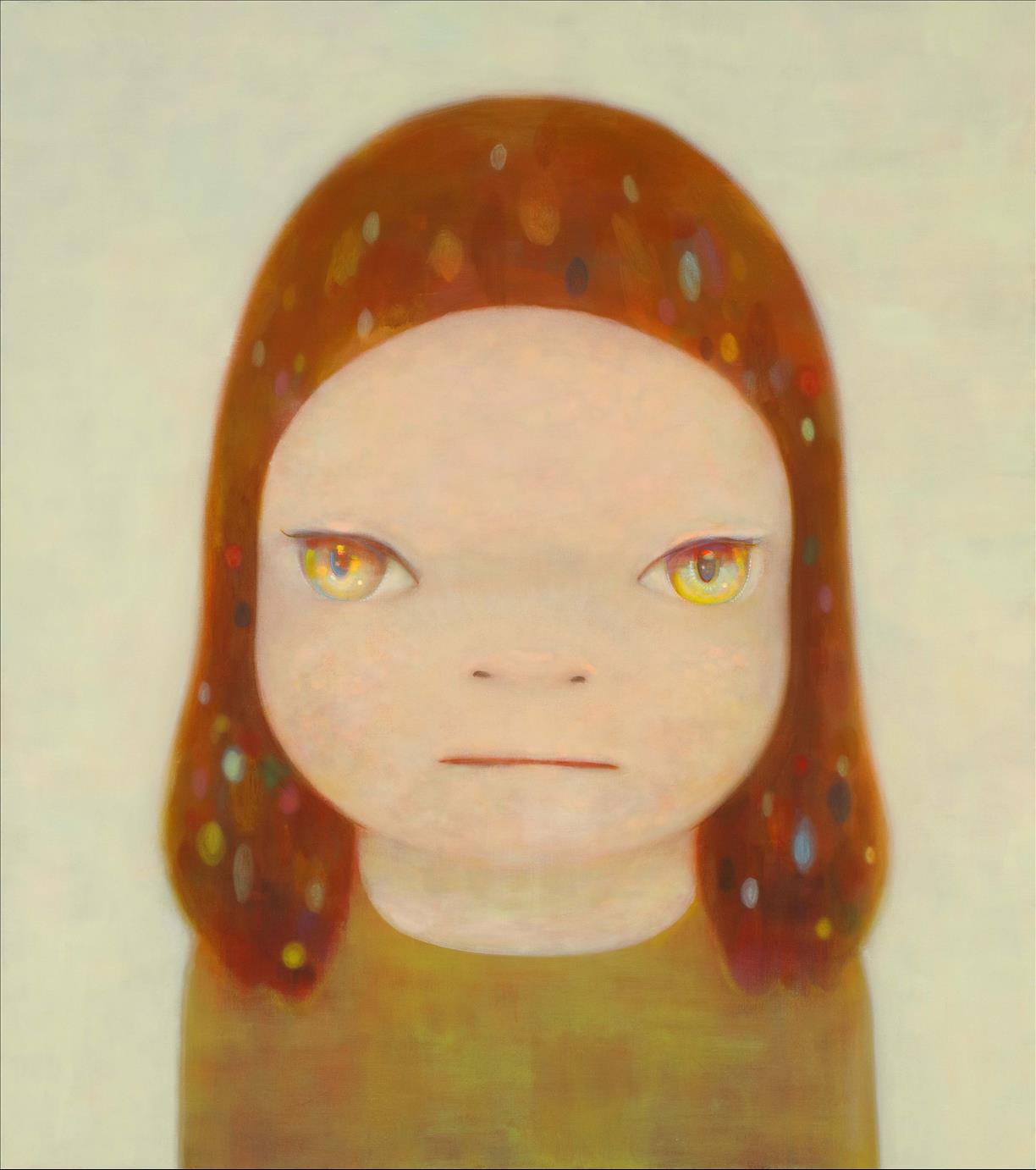
ZIPANGU. Contemporary Artists Who Have Ran Through The Heisei Era
Open every day during the exhibition period
9:00 a.m. – 5:00 p.m.
A new exhibition,“Zipangu – Contemporary Artists Who Have Run Through the Heisei Era,” is currently bringing fresh air to Japan's contemporary art scene. The exhibition is being held at the Saga Prefectural Art Museum and the Hiroshima Museum of Art. It runs from August 24 to October 20, 2024, at the Saga Prefectural Art Museum, and will continue from November 2 to December 22, 2024, at the Hiroshima Museum of Art. This exhibition offers a valuable opportunity to showcase to the world the unique talents and techniques nurtured in Japan, through the works of contemporary Japanese artists who flourished during the Heisei era.
The exhibition features about 29 renowned artists, including Miwa Komatsu, Makoto Aida, Manabu Ikeda, Tetsuya Ishida, Takahiro Iwasaki, O JUN, Chiharu Shiota, Yoshitomo Nara, Aiko Miyanaga, Akira Yamaguchi, Tatsuo Miyajima, and Takashi Murakami. It brings together representative works from the Heisei era, offering visitors a chance to experience the diversity of Japanese contemporary art and the essence embedded in these works. The organizers state,“While the Heisei era is sometimes referred to as the 'Lost 30 Years' economically, it was also a time when Japanese contemporary art gained global recognition. Through this exhibition, we aim to rediscover the appeal of Japanese contemporary art and showcase it to the world.”
Among the featured artists, Miwa Komatsu, a contemporary artist from Nagano Prefecture, is drawing attention with her unique artistic expression. Born in 1984, Komatsu graduated from Joshibi University of Art and Design Junior College in 2004 and has since been active in various mediums, including copper plate printing, acrylic painting, porcelain painting, and live painting. Growing up in a nature-rich environment with a strong sensitivity to the invisible world from childhood, Komatsu reflects these experiences in her work. Her creations strongly reflect the sensibilities gained from interactions with living creatures, inviting viewers into a mystical world.
In 2023, she completed and dedicated a mandala at Toji Temple for a ceremony commemorating the 1200th anniversary of the founding of Shingon Buddhism. This experience further expanded her artistic vision, leading to the creation of highly spiritual works. Komatsu's works are characterized by unique colors and characters with humorous expressions. For example, See No Evil – Yamainu (2022) is part of a triptych depicting komainu, guardian spirits that ward off evil and protect shrines, as approachable divine beasts. Furthermore, The Day Earth Shed Tears: Prayers for Peace Spreading from Hiroshima (2022), created to pray for peace in Hiroshima, a city that experienced atomic bombing, was completed after over a year of conversations with atomic bomb survivors. This work carries a powerful message advocating for peace and the preciousness of life.
Miwa Komatsu proposes“The Great Harmonization” as her creative philosophy. This concept implies that all living beings are equal in spirit and that all existences can coexist while maintaining their individuality. This philosophy is powerfully expressed in her new works The Time of Spirits and The Awakening of the Spirits (both 2024). These works, which graced the front and back covers of Gen de Art Issue 16, embody Komatsu's latest artistic expression.
The exhibition also features works by many other renowned artists. Makoto Aida's Gray Mountain (2009-2011) demonstrates his characteristic style of freely traversing the boundaries between society and history, modern and pre-modern, East and West. Yoshitomo Nara's Through the Break in the Rain (2020) is one of Nara's representative works featuring a figure with striking, gazing eyes. Manabu Ikeda's Rebirth (2013-2016) is a work that combines overwhelming intricacy with a unique sensibility, sure to surprise viewers.
The“Zipangu – Contemporary Artists Who Have Run Through the Heisei Era” exhibition is an opportunity to reaffirm the richness and depth of Japanese contemporary art while exploring its future possibilities. The accomplished artists representing the Heisei era introduced in this exhibition have acquired their unique essence by grasping the context of global contemporary art and fusing it with Japanese culture. The collection of works reflecting the complexity and diversity of the era will not only make a strong impact on visitors but also provide an excellent opportunity to rediscover the appeal of Japanese contemporary art.

Legal Disclaimer:
MENAFN provides the
information “as is” without warranty of any kind. We do not accept
any responsibility or liability for the accuracy, content, images,
videos, licenses, completeness, legality, or reliability of the information
contained in this article. If you have any complaints or copyright
issues related to this article, kindly contact the provider above.

















Comments
No comment